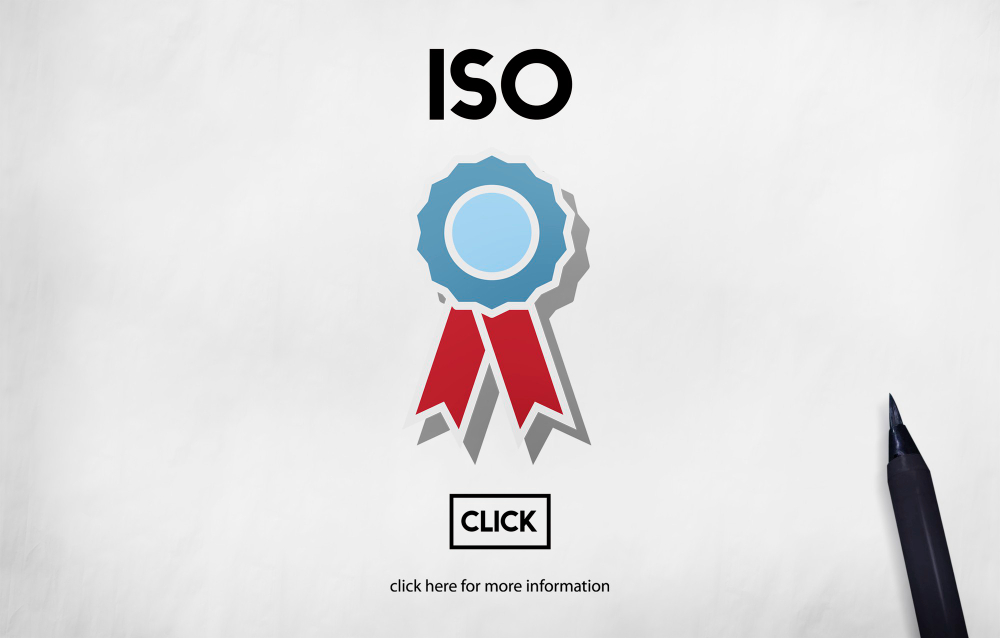ISO 27001 is an international standard focused on information security management. It offers a framework for organizations to protect their sensitive information through an Information Security Management System (ISMS). Think of it as a set of best practices and controls designed to manage risks related to data security.
This standard covers a wide range of aspects, from physical security to digital safeguards, ensuring that your organization's information remains confidential, integral, and available. It’s applicable to any organization, regardless of size or industry, making it a versatile tool for enhancing security measures.
Achieving ISO 27001 certification involves meeting specific requirements laid out in the standard. This includes conducting a thorough risk assessment to identify potential security threats and implementing controls to mitigate these risks. Additionally, regular audits and continuous improvement are essential to maintaining compliance.
By adhering to ISO 27001, your organization demonstrates a commitment to protecting information, which can significantly boost your reputation. It shows partners and customers that you take data security seriously, which is increasingly important in today’s digital landscape.
Why is ISO 27001 Important for Your Business?
ISO 27001 is crucial for your business because it helps you manage and protect your sensitive information systematically. By implementing an Information Security Management System (ISMS), you ensure that your data remains confidential, integral, and available when needed. This is particularly important in today's digital age, where cyber threats are constantly evolving.
Adopting ISO 27001 demonstrates to your clients and partners that you take information security seriously. It builds trust and shows that you are committed to safeguarding their data. This can give you a competitive edge, as many organizations prefer to work with companies that have robust security measures in place.
Additionally, ISO 27001 helps you comply with various legal and regulatory requirements. Meeting these standards not only avoids potential fines and legal issues but also enhances your overall business reputation. With the certification, you can streamline your security processes, reduce the risk of data breaches, and improve your incident response capabilities.
In essence, ISO 27001 is not just about protecting information; it's about fostering a culture of security within your organization. This proactive approach to managing risks can save you time, money, and resources in the long run, making it a valuable investment for any business.
How Can Your Organization Achieve ISO 27001 Certification?
Achieving ISO 27001 certification might seem daunting, but with the right approach, it's manageable. First, you need to understand the scope of your Information Security Management System (ISMS). Define which parts of your organization will be covered under ISO 27001. This helps focus your efforts and resources effectively.
Next, conduct a thorough risk assessment. Identify potential security threats and vulnerabilities within your defined scope. This step is crucial as it forms the basis of your ISMS and helps you implement necessary controls to mitigate risks.
Once you’ve identified the risks, develop and implement policies and controls to address them. This includes technical measures like encryption, as well as organizational measures such as employee training and awareness programs. Remember, the key is to protect the confidentiality, integrity, and availability of your information.
Documentation is another critical part of the process. You need to document your ISMS policies, procedures, and controls. This not only helps in the audit process but also ensures that everyone in your organization is on the same page.
After implementation, the certification process involves a two-stage audit. The first stage reviews your documentation, while the second stage assesses the effectiveness of your ISMS in practice. Successfully completing these audits will earn you the ISO 27001 certification .
Maintaining the certification requires regular audits and continuous improvement of your ISMS. By following these steps, your organization can achieve and maintain ISO 27001 certification, ensuring robust information security management.
What are the Key Benefits of ISO 27001 Certification?
ISO 27001 certification boosts your organization's reputation by showing your commitment to security. It helps you comply with legal requirements, reduces the risk of security breaches, and can lower costs by preventing incidents. Overall, it provides a competitive edge and enhances customer trust.













